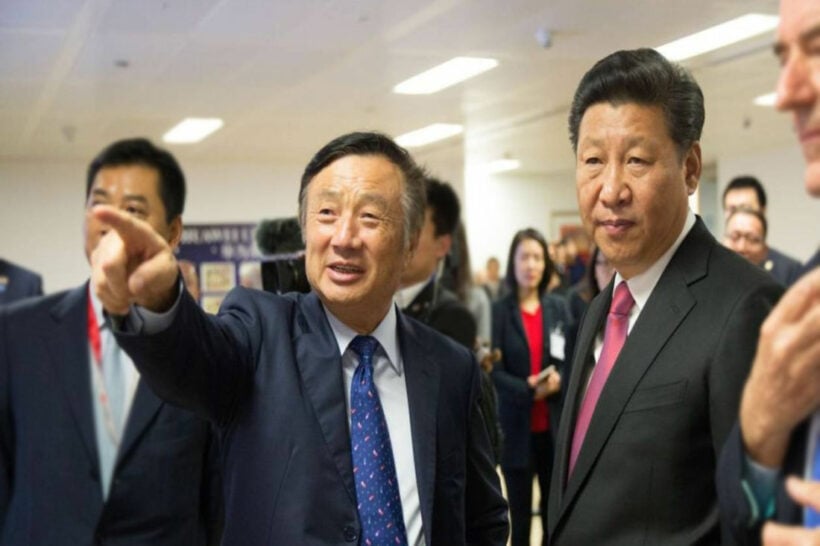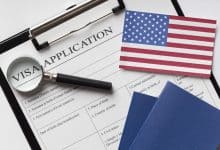US temporarily ease restrictions on Huawei

PHOTO: Huawei’s founder Ren Zhengfei and Chinese President Xi Jinping – SCMP
The US has temporarily eased some of the restrictions on China’s Huawei, the world’s largest phone and telecom equipment maker, to minimise disruption to its customers. But Huawei’s founder, Ren Zhengfei, says it means little because the company was well prepared for any US restrictions to their trading.
The US government has blocked Huawei Technologies from buying US goods last week, claiming the firm was involved in activities contrary to national security.
The targeted spat aimed at the one Chinese telecom company comes amid the escalating dispute over trade practices between the US and China.
But yesterday the Commerce Department granted Huawei a license to purchase US goods until August 19 to maintain existing Huawei-based networks and provide software updates to Huawei smartphone customers. The reprieve is intended to give telecom operators that rely on Huawei equipment time to make other arrangements.
Speaking about the matter, Huawei’s founder says the reprieve meant little for the telecom manufacturer as it had been making preparations for such a scenario.
“The U.S. government’s actions at the moment underestimate our capabilities.”
Latest Thailand News
Follow The Thaiger on Google News:


























